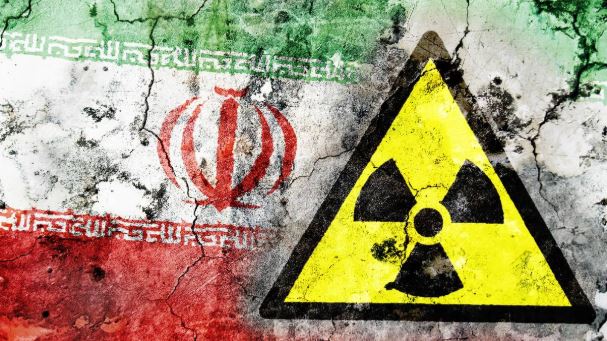Reports in recent days that Iran and China are on the verge of entering into an economic and security partnership that would vastly expand Chinese presence in Iranian banking, telecommunications, ports, and railways – as well as foster security co-operation – should deeply trouble the Morrison government and all Australians.
It should not surprise given the propensity of aggressive, problematic actors to seek alliances that help them withstand diplomatic pressure to change their problematic behaviours.
China’s interference in Australian affairs, its mishandling of the COVID-19 pandemic and now its unilateral changes to the status quo in Hong Kong are just the latest chapters in Beijing’s chequered foreign policy history.
Iran, however, increasingly poses an imminent threat, given its now routine violations of the 2015 Joint Comprehensive Plan of Action nuclear deal. Each of these violations reduces the time it would take for Iran to produce a nuclear weapon.
The latest International Atomic Energy Agency expert reports (June 5 and 6) and the June 19 Board of Governors’ resolution on Iran simply can’t be ignored. This is because this IAEA resolution, tabled by the European powers and passed in a landslide of 25-2 (with Russia and, here again, China the sole opponents) criticises Iran for violating the Additional Protocol of the Nuclear Non-Proliferation Treaty, not simply the JCPOA, by refusing to allow the agency’s inspectors access to two suspected former nuclear research and development sites.
As US Assistant Secretary of State for International Security and Nonproliferation Christopher Ford told reporters in a briefing: “It is the first time ever, by any country, anywhere, that a government has rejected and refused to comply with its obligations under the IAEA’s Additional Protocol.”
Read the article by Colin Rubinstein in The Canberra Times.

